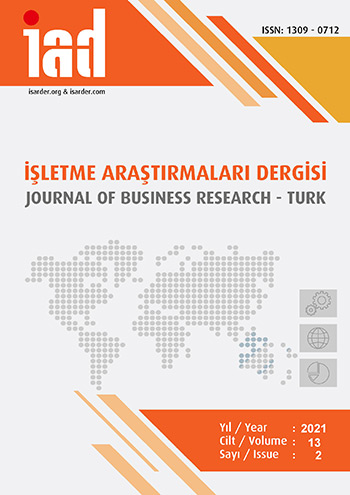Evaluating Predictive Models in the Orienteering Problem with Stochastic Profits: A Simulation Study
DOI:
https://doi.org/10.20491/isarder.2021.1184Anahtar Kelimeler:
Akaike information criterion- Cross validation- Stochastic orienteeringÖzet
Purpose - The aim of this paper is to test the effectiveness of statistical model selection measures in terms of decision quality for the orienteering problem with stochastic profits using simulation.
Design/methodology/approach – This paper is based on a quantitative numerical approach where various model selection measures are evaluated using computational experiments including modelbased computer-generated random data.
Findings – The findings of this paper include experimental results showing a deficiency of about 6.5 units of classical selection measures relative to a decision-based selection measure for the Tsiligirides orienteering benchmark instances.
Discussion – While classical model selection measures are suitable for accuracy reasons, misspecified models sometimes do lead to better decision outcomes. From a practical perspective, in order to carry out prescriptive analytics for orienteering problems, having access to a reasonable decision algorithm at the prediction stage of data-analysis can be beneficial for downstream realized profit.
İndir
Yayınlanmış
Nasıl Atıf Yapılır
Sayı
Bölüm
Lisans

Bu çalışma Creative Commons Attribution-NoDerivatives 4.0 International License ile lisanslanmıştır.





